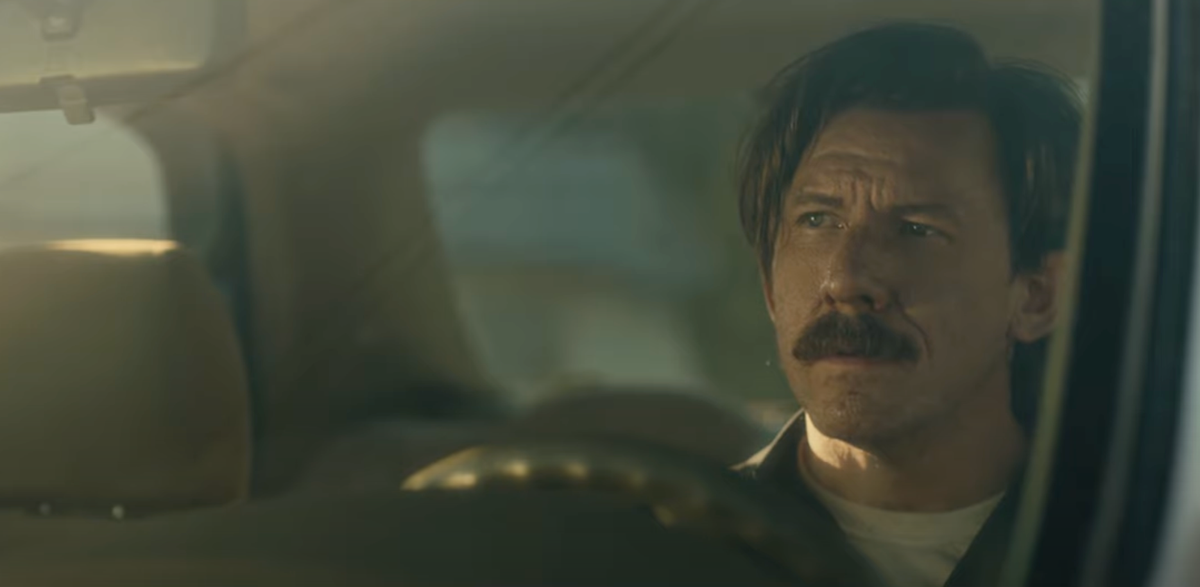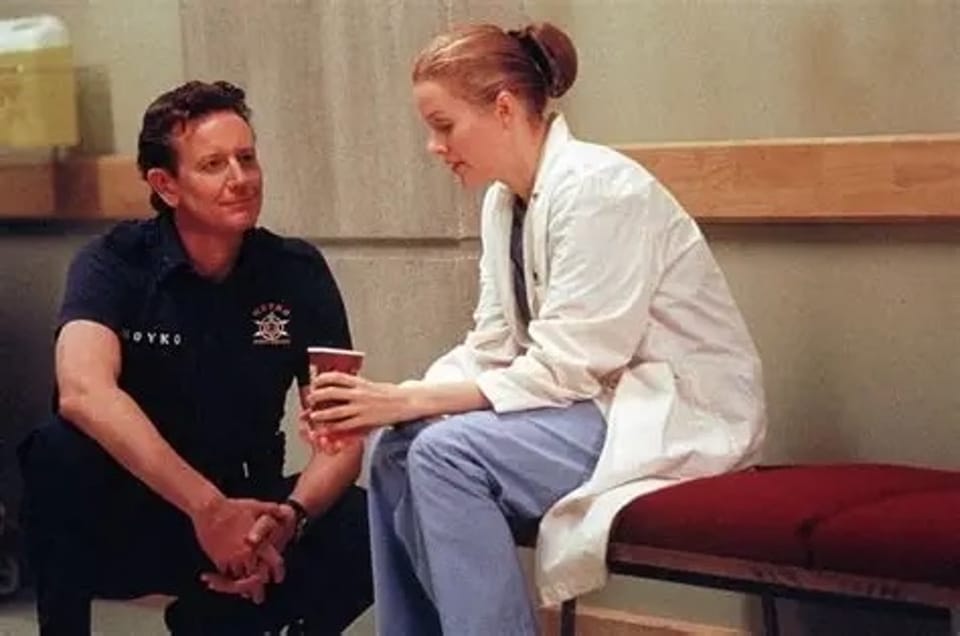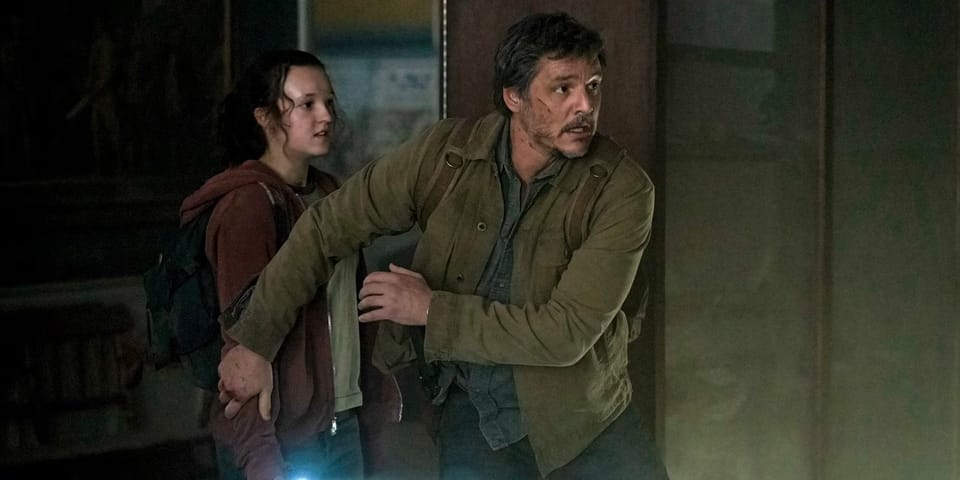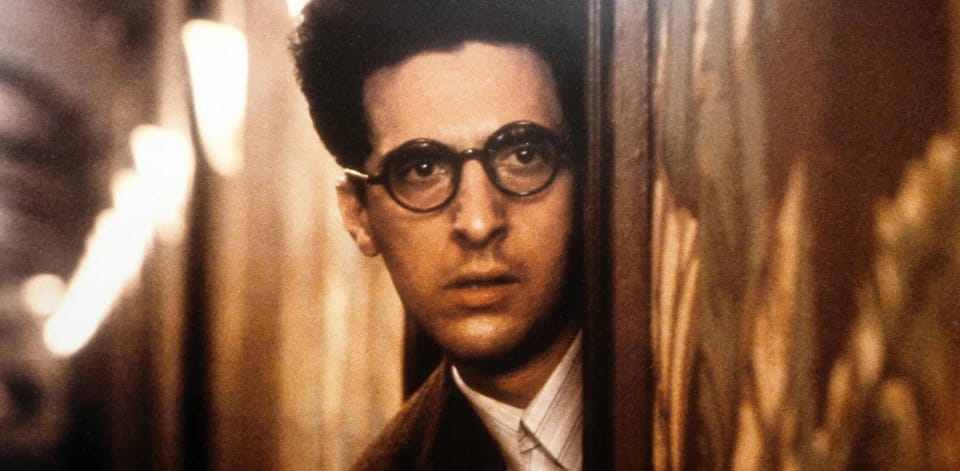Three foundations to solve any screenwriting problem.
Most everything I teach comes down to three pillars. I have found that when I am struggling, one of them has broken down.

The Story and Plot Weekly Email is published every Tuesday morning. Don't miss another one.
We all hit walls with our writing sometimes. Whether it's personal issues or story issues on the page, we feel like we can't move anything forward.
The worst occurrence for me was in 2011 when I had just moved back to Los Angeles. I was stuck, and so many of my old tricks weren't working.
It was months. I had time to write. I had the opportunity to write.
But I could not get anything coherent down on the page.
It was awful.
This experience led directly to so many of the processes I use now for myself and teach to others.
I never wanted to go through that again.
We usually want someone to blame.
It's human nature. This must be someone's fault!
Unfortunately, this is mostly an individual effort. Even when we work with partners, it's sometimes just us and the paper.
So we have no one to blame but us.
We have two choices then.
We can lean into this blame angle and start doubting ourselves and our talent and ask who we think we are trying to create something wonderful in the first place.
For some reason, this may even feel good, as we claim to be victims of cruel fate.
How do I know this? Don'task!
This approach has many problems, not the least of which is that it is absolutely guaranteed to make things worse.
A better way is to simply accept responsibility to fix it and problem-solve.
Screenwriting is problem-solving.
It doesn’t matter if it’s a moment, a scene or structure.
Most everything I teach comes down to three pillars. I have found that when I am struggling, one of these has broken down.
Those three areas are:
- Story and emotion.
- Simplify.
- Confidence.
Story and emotion.
These are my core values. These are the two things I would put up in my company's break room. (But we would actually mean it!)
I prioritize these two things above all else. We have to make decisions.
This is all we are ever doing, so I want to make those decisions easier.
One of the most important ways I do that is knowing what is important and what is less important.
So, knowing what story I am telling and what emotion I am trying to evoke are the criteria for every decision I make.
Simplify.
This is about both decision-making and communication. Simplify the process by removing the clutter. A clean line of action can support more emotion because the audience isn't wasting mental energy trying not to be confused. If you can achieve the same thing with less, find a way.
Complicated decisions usually work around the problem rather than solve it.
Confidence.
There is nothing in life that cannot be performed better with confidence. Confidence allows us to be decisive, to make a choice, and to go.
A decisive choice can be unpacked. It can be expanded and explored.
It allows us to make another decisive choice.
Confidence allows us to be big and bold in our storytelling and to put words on the page. It allows us to know what we want and not write like we're apologizing for taking up space.
All three support each other.
These are not in any order. They are mutually supportive. As you get stronger with one, you get stronger in the others.
These are what decisive and compelling decisions are made of.
Which one is undermining the work?
So if I am struggling, and I mean frustrated struggling, the first place I look is here. Which one of these have I abandoned?
Have I diluted what is important? Have shiny things distracted me away from the story and the emotion of that story?
Am I complicating what should be simple? Am I just checking a box and trying to act like a problem is solved, or am I solving it?
Is this a confidence issue? What I think is the true source of writer's block.
Am I demanding something beyond just telling a good story well? Am I expecting to impress, and now suddenly scared that I might fall short?
If I dig deep, if I am truly being honest with myself, I can figure it out.
You don't have to attack the culprit.
These are mutually supportive principles. Each one makes the others stronger.
If your processes are falling apart because your confidence is a no-show, trying to will it into existence may lead to more frustration.
In that case, double down on the story and emotion and simplify what's in front of you.
As you see results from that, you know what will get boosted?
You guessed it—your confidence.
You are not helpless.
Screenwriting is hard. There is no way around it. But you are in control of what goes on the page.
You won't have much control once it goes out in the world, but you do at this phase.
So enjoy it. Relish it. Don't relinquish that control over fear and insecurity.
Have fun. Remember, this is fun!
Stay solution-focused. Always keep the next steps ahead.
When you are struggling, something is in the way of your decision-making. Figure out what it is. Because it's making that decision that is going to push you ahead.
Once you make the choice of what you want to achieve, it's just about what excites you the most about how to achieve it.
A short film worth watching.
I am a big fan of making short films as you hone your craft. Luke Barnett, an accomplished actor, writer, and producer, seems to make short films because he loves to create, which is fortunate for us.
He released his short The Crossing Over Express (12 min, made with Tanner Thomason) on X this last week, and it is well worth watching.
Simple and emotional. It's exactly what a DIY short film should be. It's pretty much everything this email was about.
I will add some shorts I like to the Screenwriting For Beginners email course. This will be one of them.
You can watch the film on X/Twitter here.
The Story and Plot Weekly Email is published every Tuesday morning. Don't miss another one.
When you're ready, these are ways I can help you:
WORK WITH ME 1:1
1-on-1 Coaching | Screenplay Consultation
TAKE A COURSE
Mastering Structure | Idea To Outline




